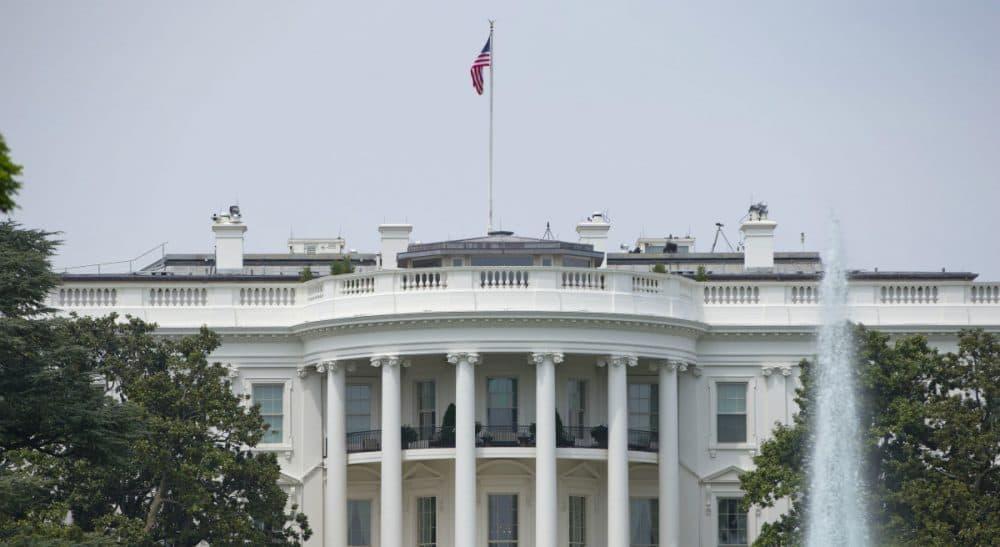Advertisement
The Polarizing Effects Of... Solar Panels?

It seems like the Koch brothers and the American Legislative Exchange Council (ALEC) are up to their dirty tricks again. This time they’re trying to get states to slap extra fees on homeowners who want to put solar systems on their roofs, in an apparent effort to kill renewable energy and keep our utility money flowing into the pockets of fossil fuel big polluters.
At least that’s what we’re told by The New York Times editorial board (“The Koch Attack on Solar Energy,” 4/26/14), The Los Angeles Times (“Koch brothers, big utilities attack solar, green energy policies,” 4/19/14) and The Guardian (“ALEC calls for penalties on ‘freerider’ homeowners in assault on clean energy,” 12/4/13).
in polarized times, anything one side says or does is automatically nefarious to the other side -- something to be attacked and rejected.
But this blinkered view of clean energy, through the narrow us-against-them lens of our polarized society is shortsighted. It’s the same thing that happens to a lot of important issues these days: gun control, climate change, immigration, universal health care coverage, etc. The issue gets framed by one side or the other — the left calls for big government to support clean energy, the far right calls gun ownership a matter of individual liberty — and from then on the debate is sucked into the vortex of the Value Wars. No matter what anyone says or does, we can only see it in that ‘whose side are you on’ context. That’s dangerous, because such myopia blinds us from considering the full merits of the issue and what might do us all the most good.
The fuss over the surcharge on solar installations is a great example. ALEC is certainly attacking renewable energy. But in concept the fee is fair. I just put solar panels on my roof, motivated by local, state and federal incentives that will help me pay off the cost of installing the system in five years, after which I’ll be paying practically nothing for my electricity.
But I’ll still need the external power system when the sun isn’t shining — like, say, at night. So I’m happy to pay the modest $10 monthly “distribution charge” that, according to my bill:
“ensures that the costs of maintaining the local electrical distribution system and running Concord Light are shared fairly among all of Concord Light’s customers, including those who have reduced their financial contribution towards maintaining these services by replacing some of the electricity they had purchased from Concord Light with electricity generated by their solar PV system.”
This solar surcharge — the same one liberals claim is part of a conspiracy by the right to kill solar power — is being charged in liberal Concord, Mass., where nearly 200 of my liberal neighbors (and my liberal Unitarian Universalist church) have recently installed solar energy systems. We are willingly paying the fee as a reasonable step in reducing fossil fuel emissions that include not only greenhouse gasses but fine particle pollution, which kills or sickens tens of thousands of people annually in the U.S. and tens of millions of people worldwide. Cleaner power means cleaner air for all of us, regardless of what side we’re on.
The solar surcharge is similar to the fees some states are imposing on the purchase of electric or hybrid cars that use the same roads and bridges all vehicles do, but which pay less in gasoline tax, the primary funding source for maintaining those roads and bridges. The fees are not right wing attacks on clean cars, as some on the left have charged. Like the solar distribution charge, they just make sense.
Cleaner power means cleaner air for all of us, regardless of what side we’re on.
But in polarized times, anything one side says or does is automatically nefarious to the other side — something to be attacked and rejected. Sadly, this is a manifestation of the innate human instinct to protect ourselves by banding together into tribes when we feel troubled, and to adopt views that align with our friends and allies. That instinct helps us feel safe, but it closes our minds, overwhelms our ability to reason, and robs us of the ability to make choices that would do us the most good: choices like cleaner energy to improve the quality of the air we all breathe, or reasonable gun control to make it harder for bad guys to get firearms and thus improve the safety of the streets we all share, choices like getting everyone insured to control health care costs we all pay, or facilitating a smarter immigration system to supply workers for the economy on which we all rely. These solutions don’t favor one side or another. They benefit everyone.
But we can’t achieve any of this unless we can rise above our instinct to see issues, like this solar surcharge, only through the narrow us-against-them lenses of our tribal affiliations. That instinct may help us feel safe, but it breeds a divisive combat that makes it harder to agree on the things that will actually protect us the most.
Related:
- Jonathan Moore: In A Polarized Age, What Does 'We The People' Really Mean?
- On Point: Hard Times And Polarized Politics
